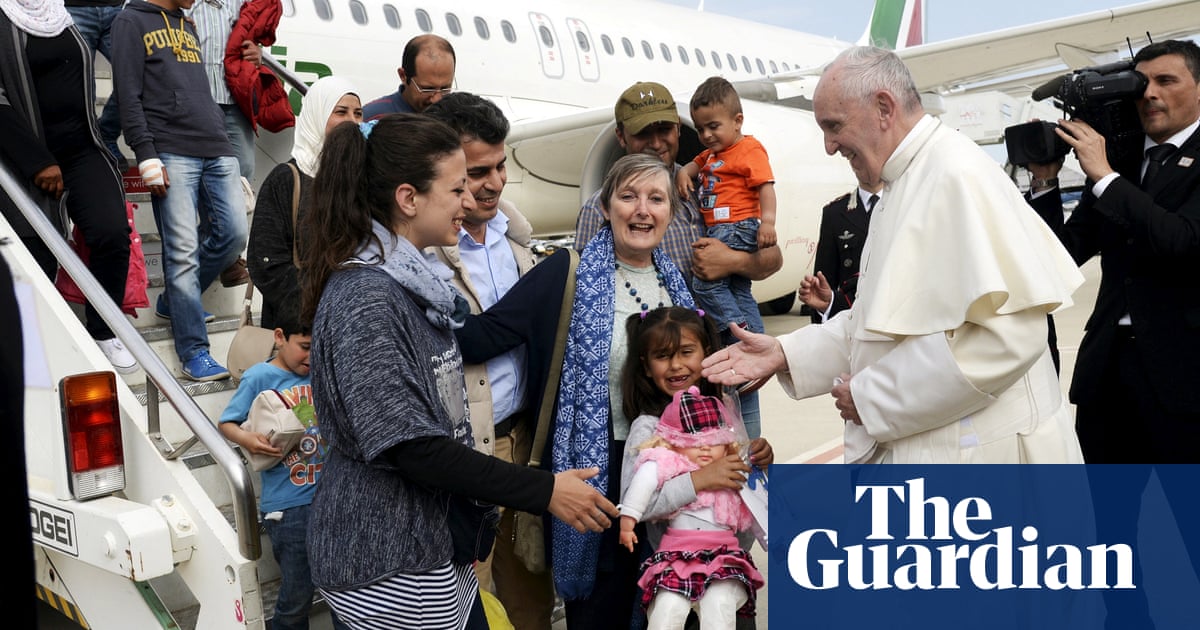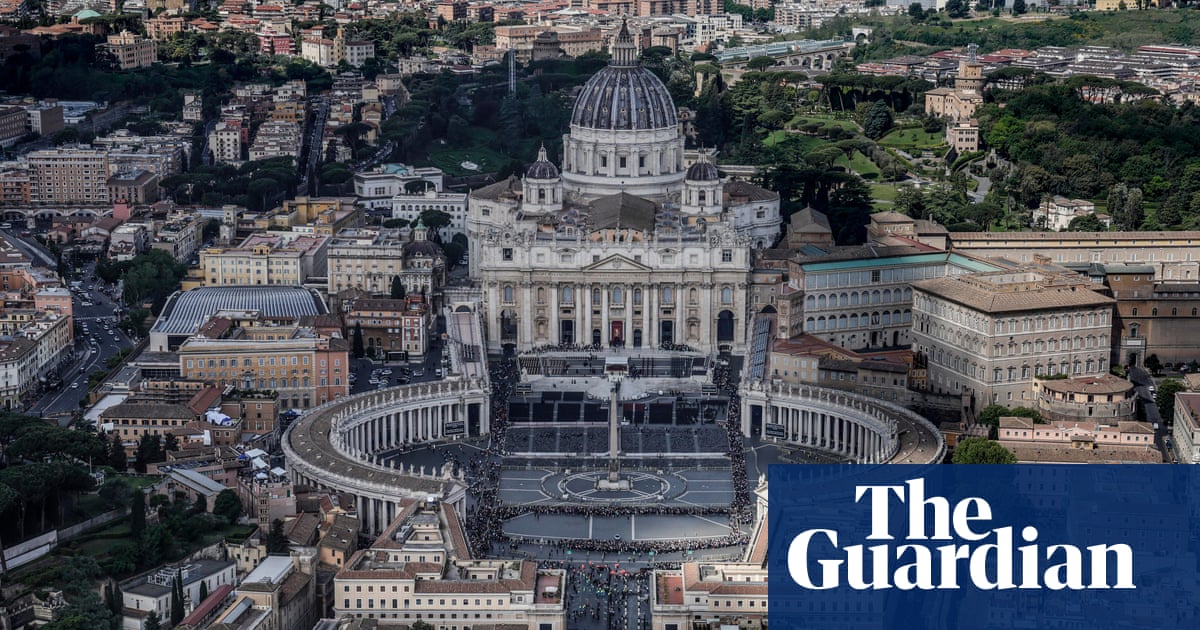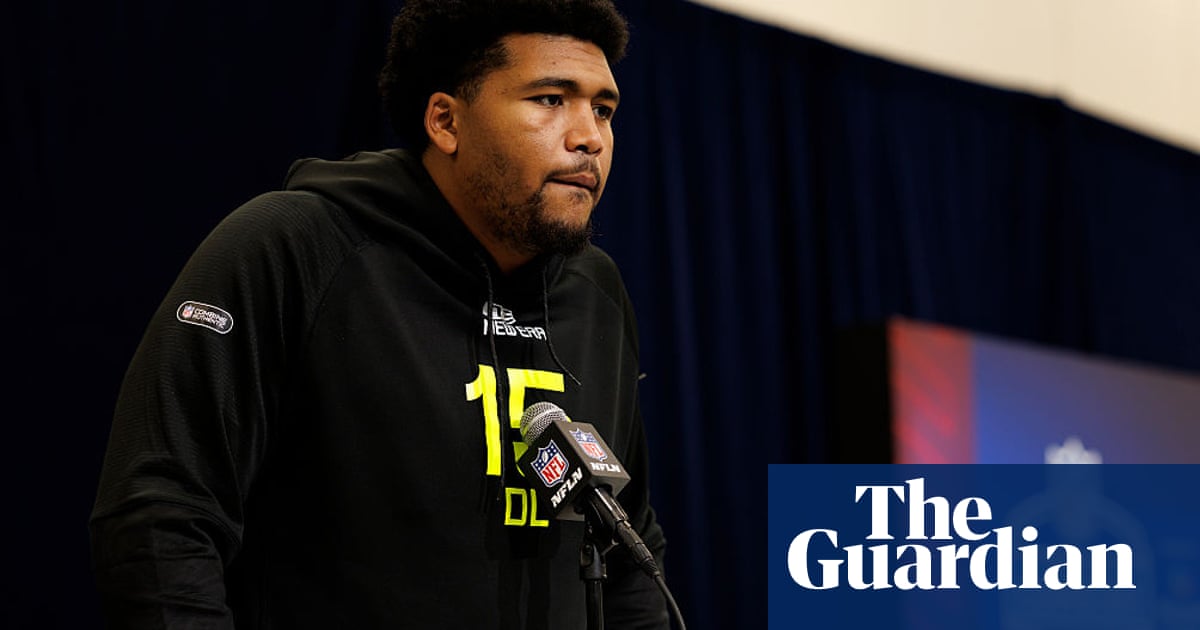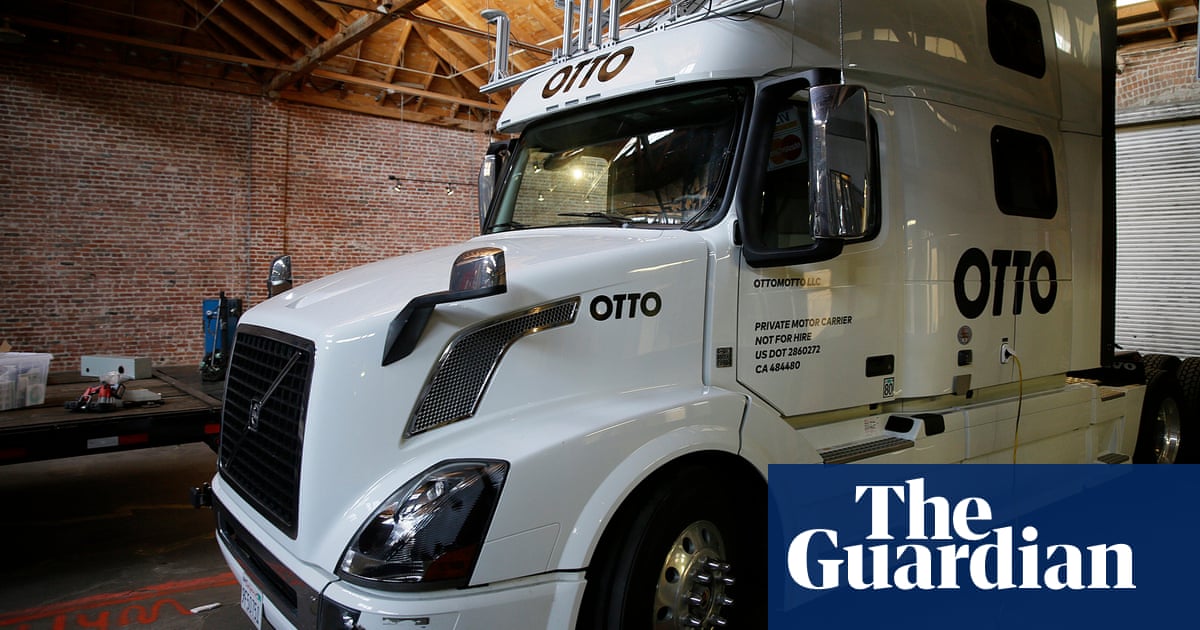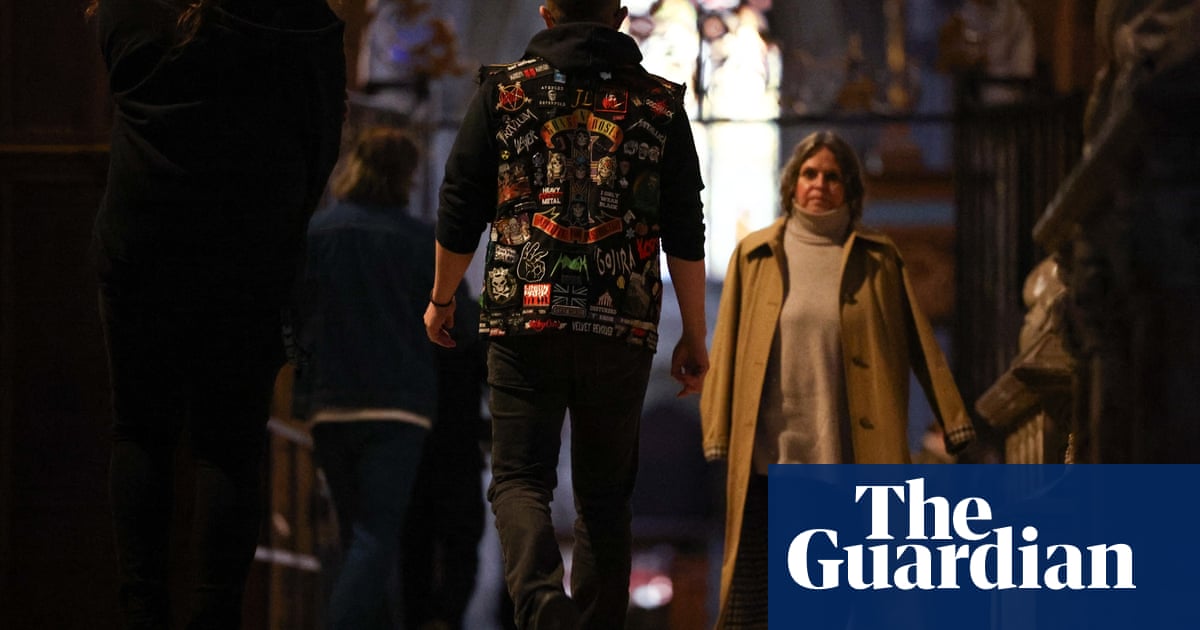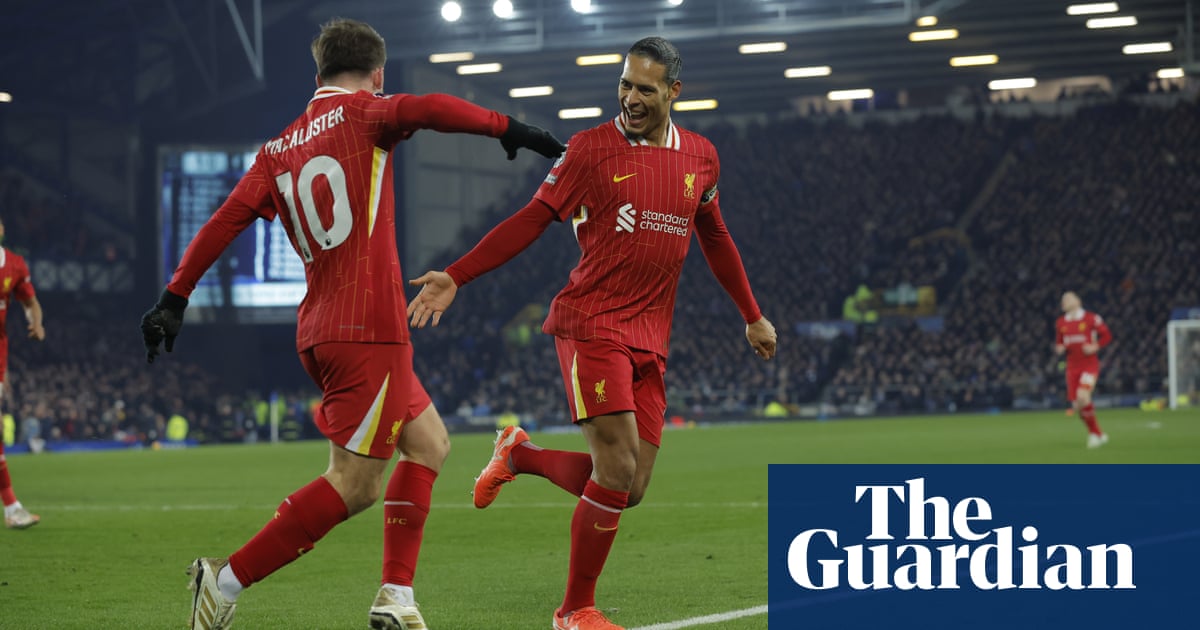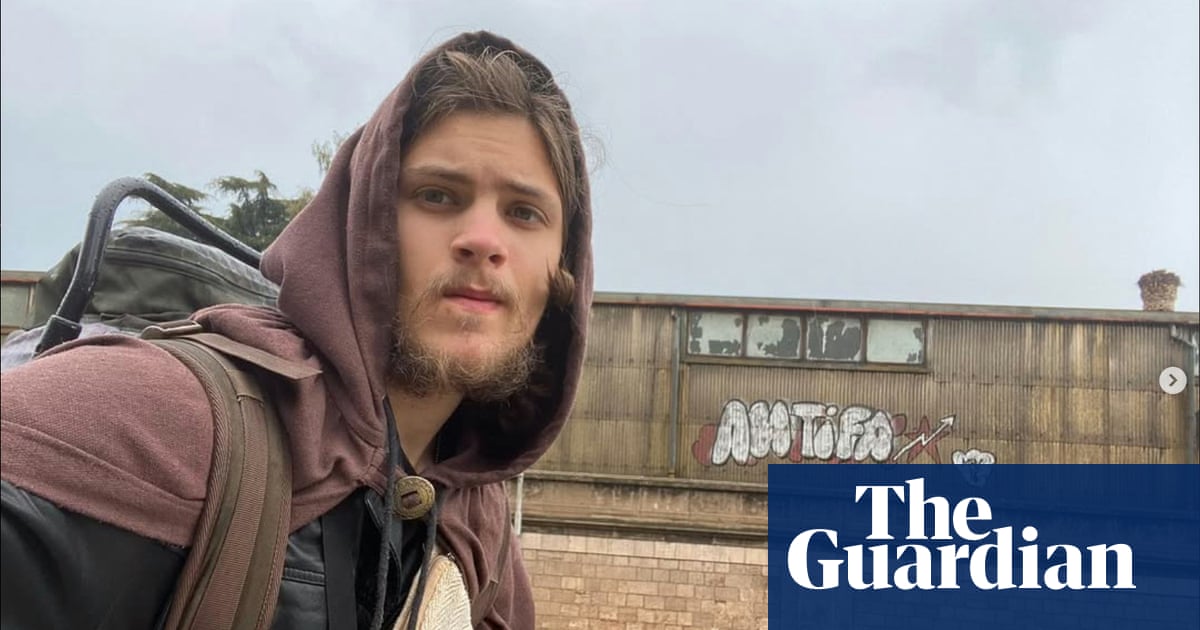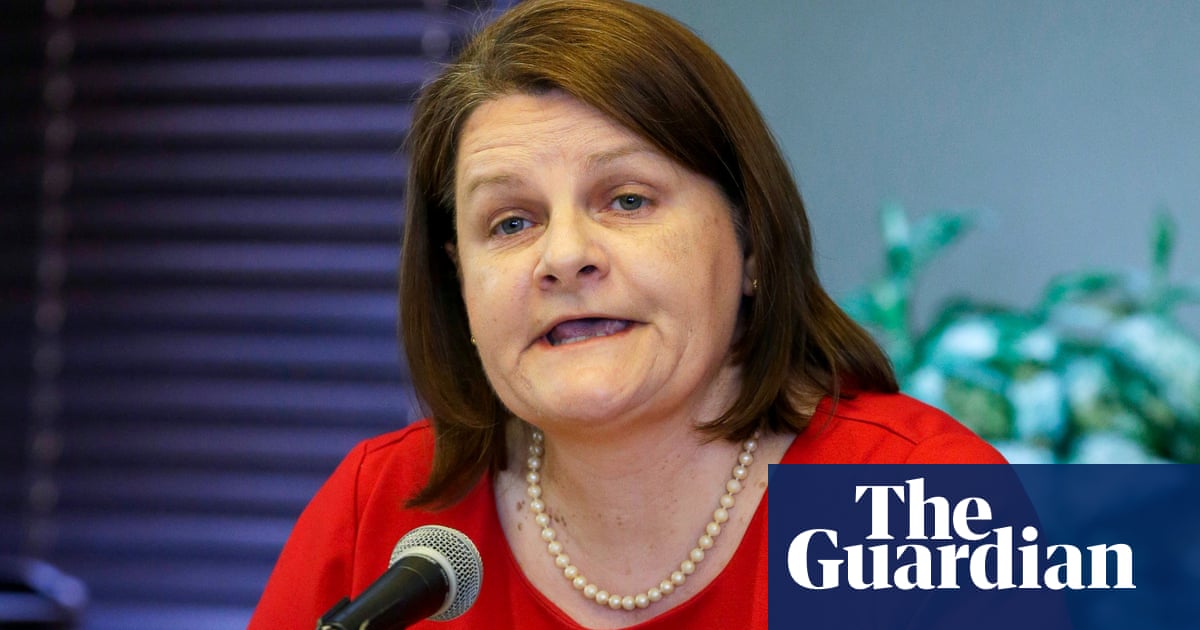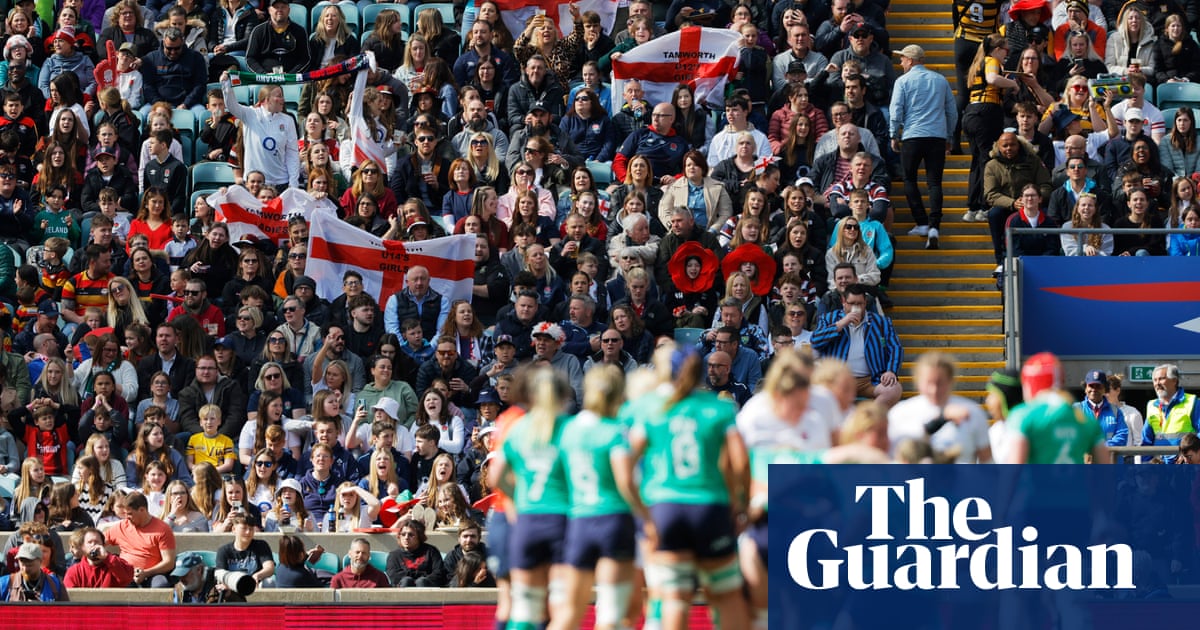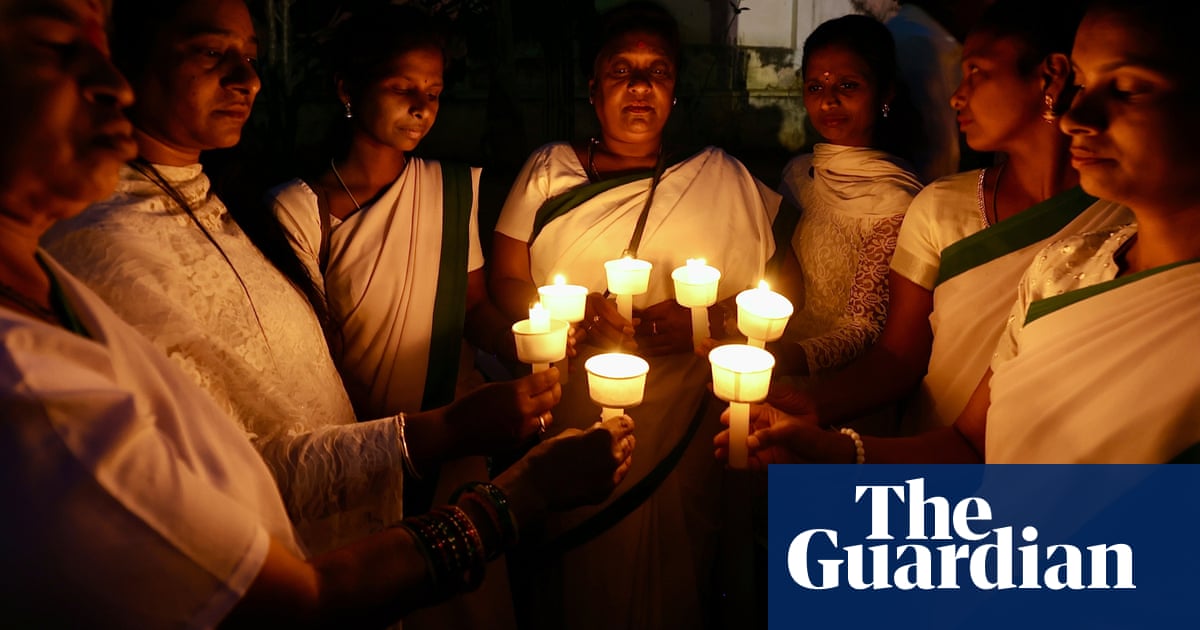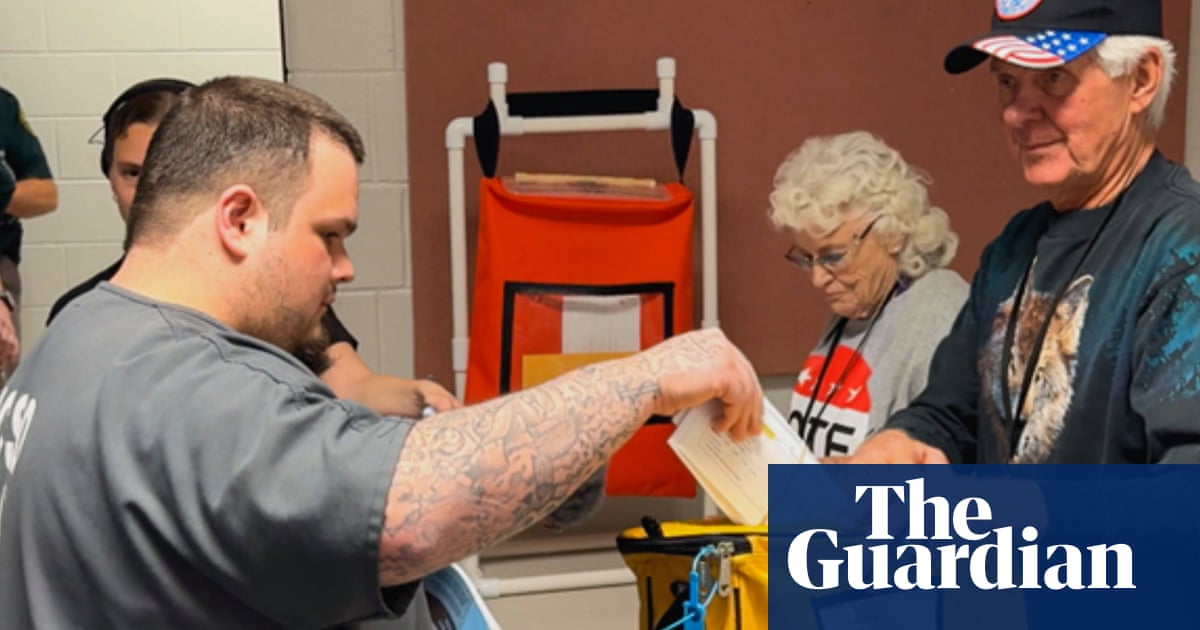A Bolivian judge has ordered the arrest of the former president Evo Morales over his alleged abuse of a teenage girl while in office, raising the stakes in the state’s months-long showdown with the former leader.
The judge in the southern city of Tarija called for Morales, 65, to be arrested after Bolivia’s first Indigenous president ducked out of a hearing on his possible pre-trial detention for a second time.
The ruling, which was broadcast on state television, also included a freeze of Morales’s assets and a ban on him leaving the country.
“There’s been a warrant ordered for his search and arrest,” said Judge Nelson Rocabado after a hearing in Tarija, where the alleged victim lives.
Morales, who rose from dire poverty to become one of Latin America’s longest-serving leaders, has brought thousands of people on to the street in the past few months to protest against the investigation.
He is accused of abusing a 15-year-old girl while president in 2015 and fathering a child with her the following year, which would have constituted statutory rape under Bolivian law. He has neither confirmed nor denied the allegations.
Prosecutors have charged him with trafficking in the belief that the girl’s parents enrolled her in the youth guard of Morales’s political movement when he was president “with the sole purpose of climbing the political ladder and obtaining benefits ... in exchange for their underage daughter”.
The charges carry a sentence of between 10 and 15 years in prison, according to the prosecutor in charge of the case, Sandra Gutiérrez.
The girl’s father has been in preventive custody since October.
The hearing on the prosecution’s call for Morales to be placed in preventive custody was originally scheduled for Tuesday but the former president did not show up, with his lawyers saying he was suffering from health problems.
On Friday, the judge rejected the medical reports to press on with the hearing in Morales’s absence.
Morales has claimed he is a “victim” to legal warfare carried out by his ally turned political rival, President Luis Arce, and refused to appear in court.
The populist leader has holed up in the region of Chapare, in central Bolivia, and lives in the headquarters of the coca growers’ unions protected by up to three security cordons to prevent his arrest.
Thousands of his supporters blocked roads leading to his central stronghold of Cochabamba from mid-October to early November, crippling the economy in an attempt to prevent his threatened arrest for statutory rape – the charge used for unlawful sex with a minor – as well as human trafficking.
Outside the courthouse on Friday a group of women who identified themselves as mothers carried banners that read “Evo Morales abuser, girls are not to be touched”. They demanded justice.
Morales’s refusal to give up power in 2019 after two terms led to a tumultuous exit that cast a shadow over nearly 14 years of economic progress and poverty reduction.
Forced to resign after elections tainted by allegations of fraud, he slipped away into exile in Argentina, returning home a year later.
Despite being barred by Bolivia’s courts from seeking a third term, he is seeking the nomination of the leftwing Mas party in the August 2025 presidential elections.

 3 months ago
48
3 months ago
48

